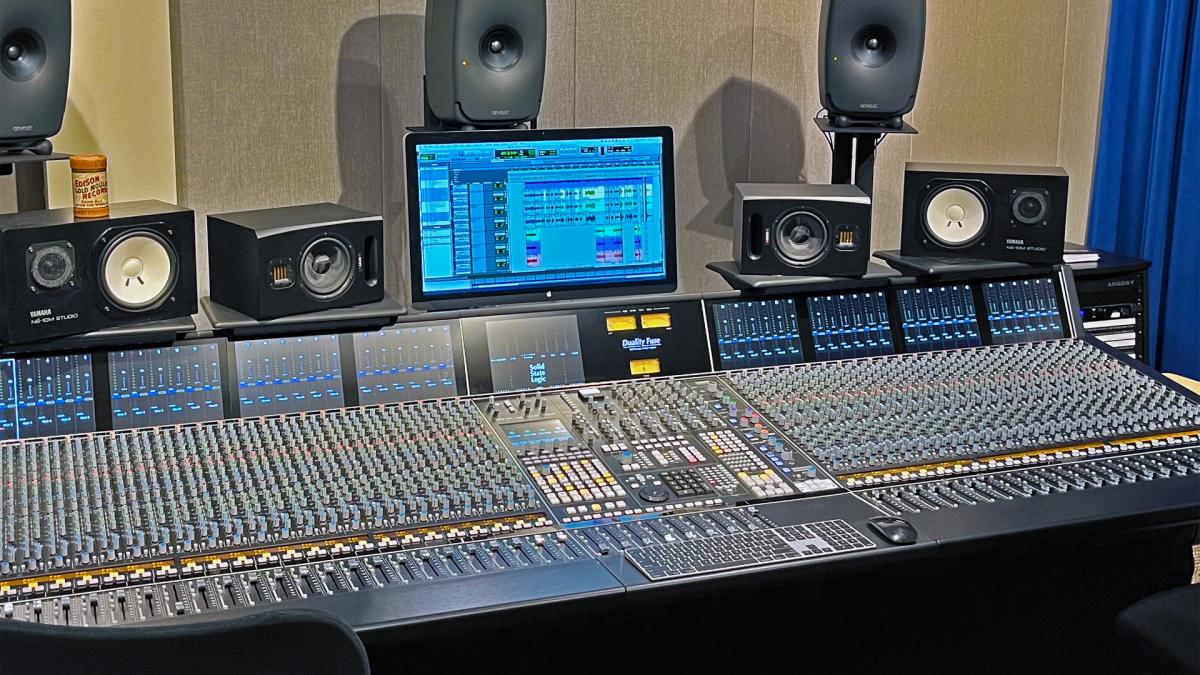Jacobson, who leans toward an old school approach to recording by combining great microphones, careful mic placement and first-rate musicians and instruments, says that he appreciates the ability to define the input path on the Duality Fuse. “You can set it up for a real purist approach, where it's just mic pre in, straight to the direct output. But because we had a fair amount of bleed on the sessions, because everybody was basically playing in one room, I set all the channels to post-EQ, pre-fader. That way, by pushing ‘EQ In’ on any channel the high-pass filters came into play, and I could take the low frequencies out of the high instruments, like the trumpets.”
Jacobson might have been tempted to get a larger Duality Fuse for CSN but for one issue: “We got 48 channels because we couldn’t fit more in our control room,” he jokes. In addition to offering tracking through its 48 microphone preamps and EQ sections, he notes, Duality’s split mode architecture, supporting two inputs per channel strip, has an additional benefit. “Another advantage of having 48 channels is that if we have a lot more tracks in Pro Tools then we can align the outputs and bring them up on pairs of faders. At that point, the Duality becomes a monstrous summing amplifier with all kinds of features,” including EQ, gate, expander, and compressor/limiter on every input module.
The new console was installed during the summer after renovations performed by in-house technician Donnie Whitbeck that included implementing a facility-wide Dante network and reworking two equipment racks, the analogue patchbays and the monitor system in the main control room. The carpeting, paint and acoustical treatment were also refreshed. Jacobson, Whitbeck and the staff also repurposed an iso room and relocated the AWS 900 into the new third control room and dedicated recording space, where it can also access sources over the Dante network.
“Through John's vision, he has been able to make a contemporary audio environment with all his vintage equipment, from 1970s keyboards to two-inch and two-track tape machines,” technician Donnie Whitbeck says. “A student can come in and learn how to use an analog synth and have all their stuff tied together through Dante. Out of all the places in Nevada, nobody's tied together the gamut of recording equipment from the 1970s to 2023 before.”
“This program is almost vocational in a way,” Jacobson says. “People in the industry might be using a Duality or something else, and a lot of recording studios are doing everything in-the-box. We could have done that, but it made more sense to do this. We can integrate old equipment, new equipment and anything in between”.



